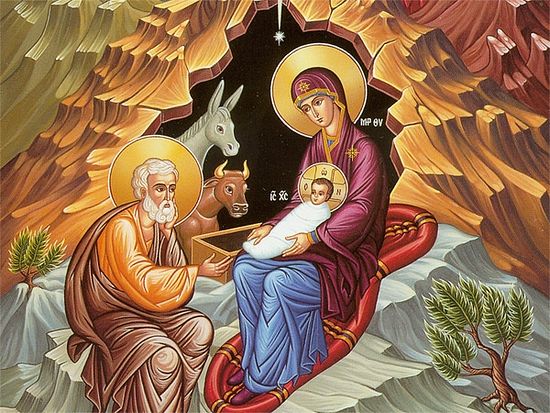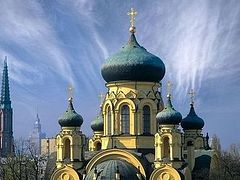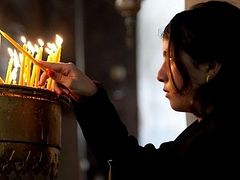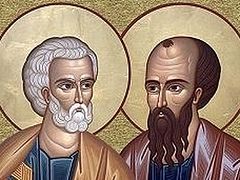SOURCE: Montana Standard
By Russell Radoicich
While most Christians celebrate the birth of our Lord God and Savior Jesus Christ on the 25th of December, few know why so many Orthodox Christians do not.
Many Orthodox Christians celebrate Christmas on the Jan. 7, which is actually Dec. 25, according to the “Old Calendar.”
The reason for the difference is that the Orthodox Church still maintains the “Old” Julian Calendar for holidays. The Orthodox Christians have a habit of just “keeping what has been kept” for 2000 consecutive years. Julius Caesar introduced the “Old” calendar in 46 BC. It consisted of 365 days except the fourth year, leap year that had 366 days. An astronomer, Ghiraldi contended that the Julian calendar was wrong. He argued that the Julian calendar was in error by 11 minutes and 14 seconds, which amounts to one day in 128 years (or 13 days to current date). In 1582, in order to correct the problem, the Roman Catholic Pope Gregory XIII abolished the “Old Julian” calendar and substituted the Ghiraldi system. The “new” system proposed by Ghiraldi is commonly known as the “Gregorian Calendar.”
The launch of the “new” calendar only extended to Papal states.
Orthodox Christianity being one of the two largest Christian bodies on the face of the earth, and having no connection to the Roman Catholic Pope Gregory, simply stayed on the “old calendar.”
Keeping the “old” calendar has proven helpful and protective in keeping the Roman Catholic West from invading the Christian East, but there is no “dogmatic” issue with regards to the date of Christmas.
The “new calendar” was not fully adopted in the secular world until 1923. Yes, our early American Colonies were still on the “old” calendar.
The holiday of Christmas is in reality celebrated by every Christian on Dec. 25. But the “old” calendar Dec. 25 falls on the “New” calendar Jan. 7. Feel free to join us at the Orthodox Christian Church in Butte for Nativity Eve, and Christmas day, Jan. 6 and Jan. 7. All are Welcome.
The Rev. Russell Radoicich serves Holy Trinity Serbian Orthodox Church, 2100 Continental Drive, Butte. Insights is written by members of the Butte Ministerial Association.





